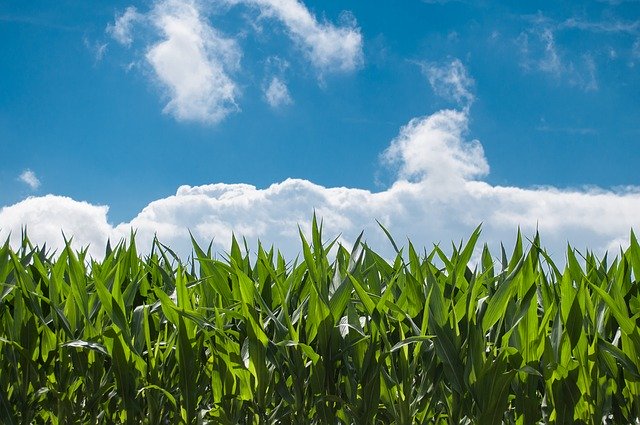Last week we looked at the cash flow farmland generates (See Part 1). We assumed one acre was worth $6,000 and the rental income was $130/acre. This gave us a rate of return of approximately 2.17% on the rental income. We concluded there were alternative investments with better rates of return (GICs and dividend-paying stocks for example), but we didn’t take into consideration the farmland appreciation over time.
Based on data from FCC’s Farmland Values Report, from 1986 to 2018, Manitoba farmland has grown at an average annual rate of 5.57%.
GICs & Savings Accounts
GICs and savings accounts don’t appreciate; they only provide an income in the form of an interest rate which was discussed in Part 1 of “Is Farmland a Good Investment.”
Stocks
It wouldn’t be fair to cherry-pick one stock and say, “see if you had invested in this stock back in 1986, you would have generated more than 5.57%/year”. Instead, let’s compare to the overall Canadian stock market. From 1986 to 2018, the S&P TSX index averaged 6.11%/year. Slightly better growth than farmland’s 5.57% average.
Analysis
Adding both the rental income (2.17%) and average appreciation (5.57%), farmland is averaging close to 7.74%/year. When compared to a GIC that’s only generating 2.50% in interest, it’s obvious which of the two is a better long-term investment (assuming land continues to appreciate).
When adding dividends (approx. 3%) to the Canadian stock market’s appreciation (6.11%), the overall return is slightly better than farmland’s overall return of 7.74%. However, building a portfolio that’s 100% stock isn’t for the faint of heart because annual fluctuations in the value of your portfolio would be quite substantial. Based on history, owning farmland has been a much smoother ride.
Other Considerations
Last week I spoke about property taxes having a negative effect on farmland’s rental rate of return. This week on the positive side, farmland investors may be eligible for preferential tax treatment if they’re able to use the capital gains exemption. I won’t go into much detail, but the ability to sell some land tax-free can be a huge benefit when comparing to alternative investments.
Conclusion
Although no investment has any guarantees, farmland has shown to be stable over time. From an investor’s perspective, the question “Is farmland a good investment?” comes down to their individual situation. If they’re looking for cash flow (to fund retirement expenses for example), they will be better off with alternative investments. If they’re looking to invest money long-term and don’t require large cash flows, farmland can be a great investment when factoring in its appreciation over time.
Should you be selling or buying farmland today as an investor? Your guess is as good as mine. With so many factors affecting rental income and farmland appreciation, it would be irresponsible for me to speculate. Whether or not farmland is a good investment truly comes down to what you’re trying to accomplish in your financial life.









